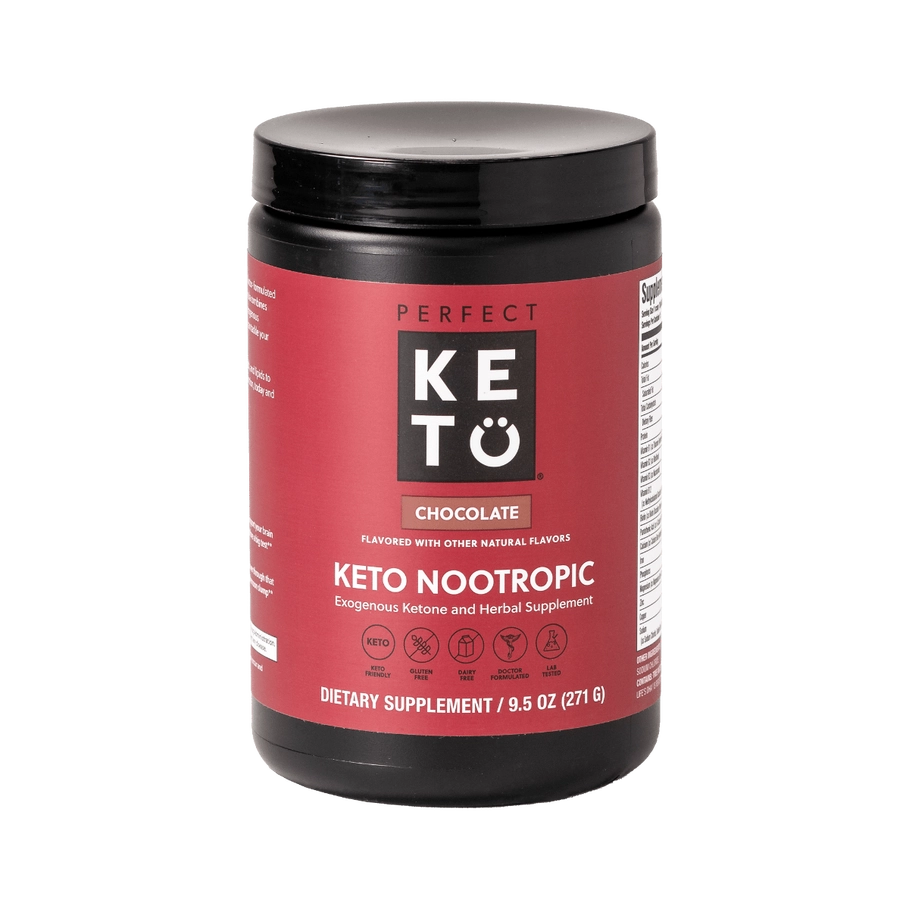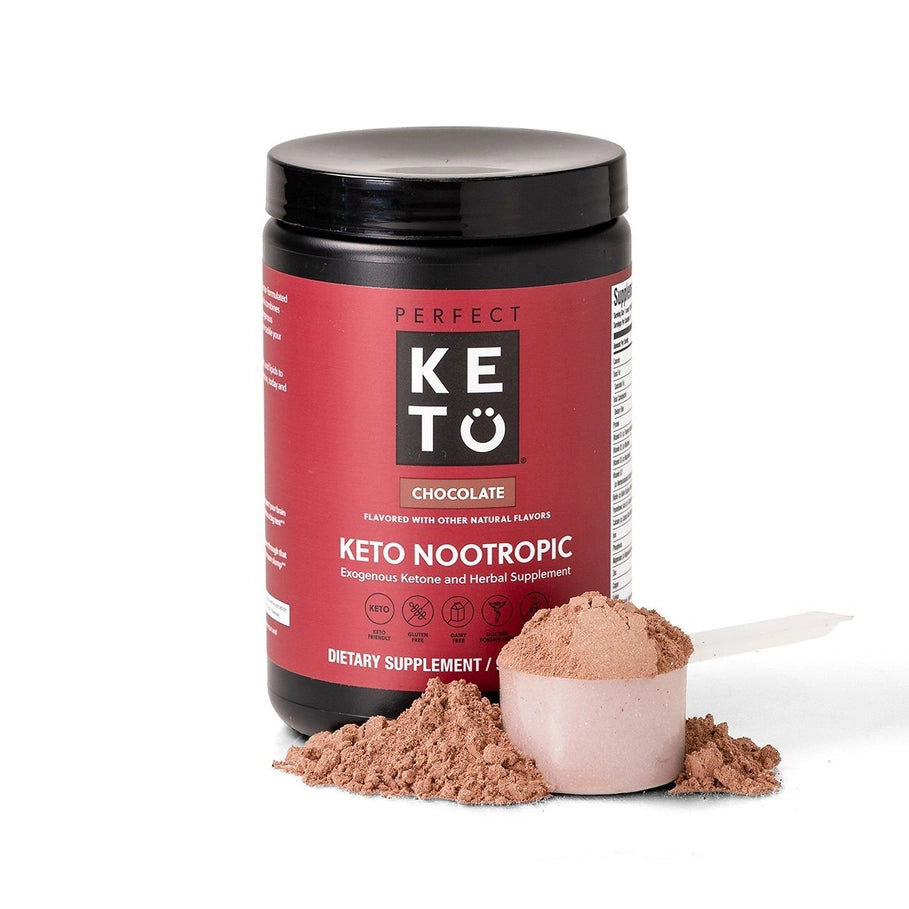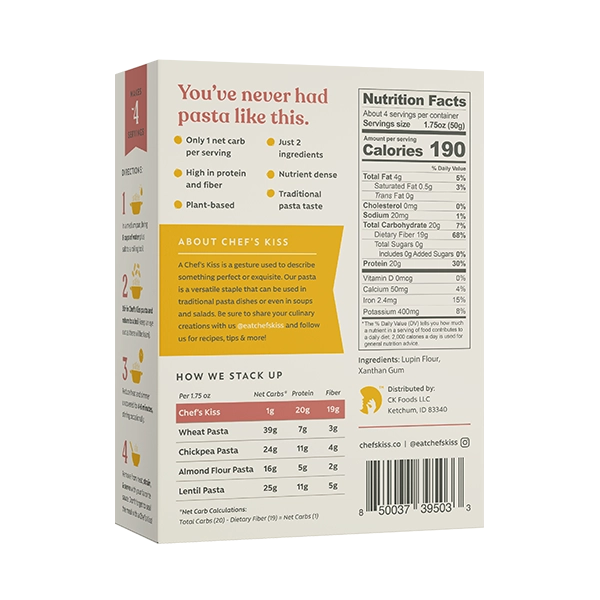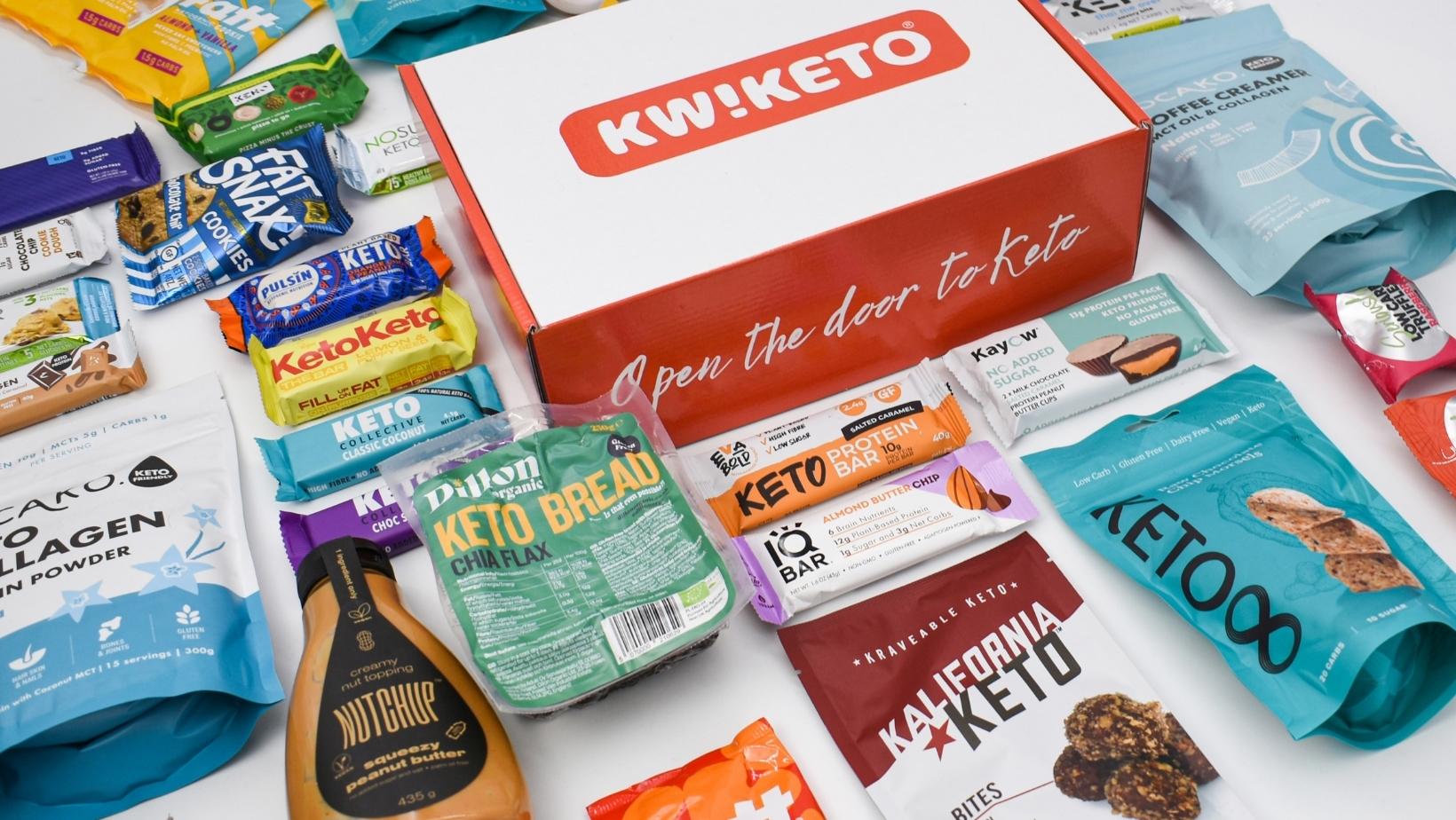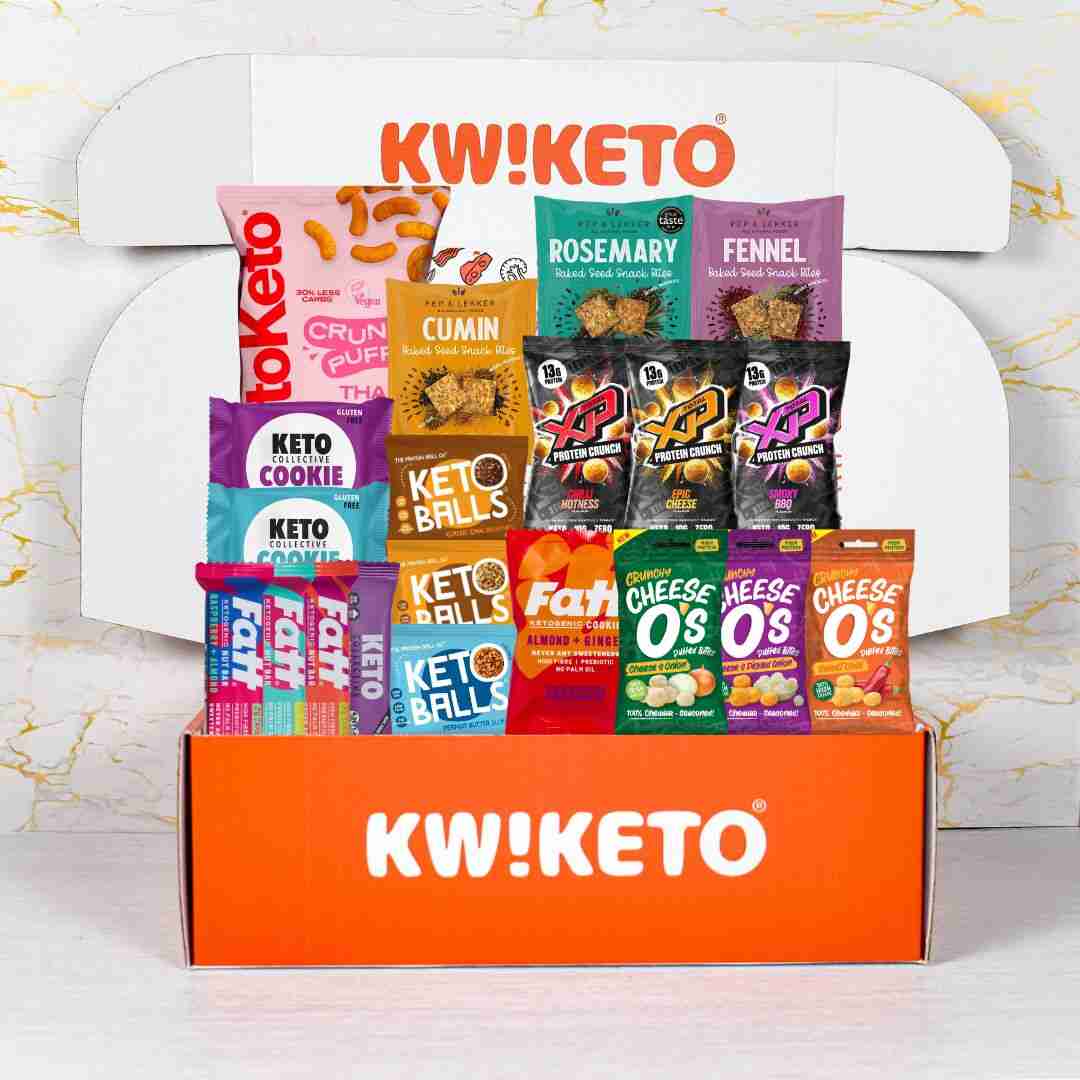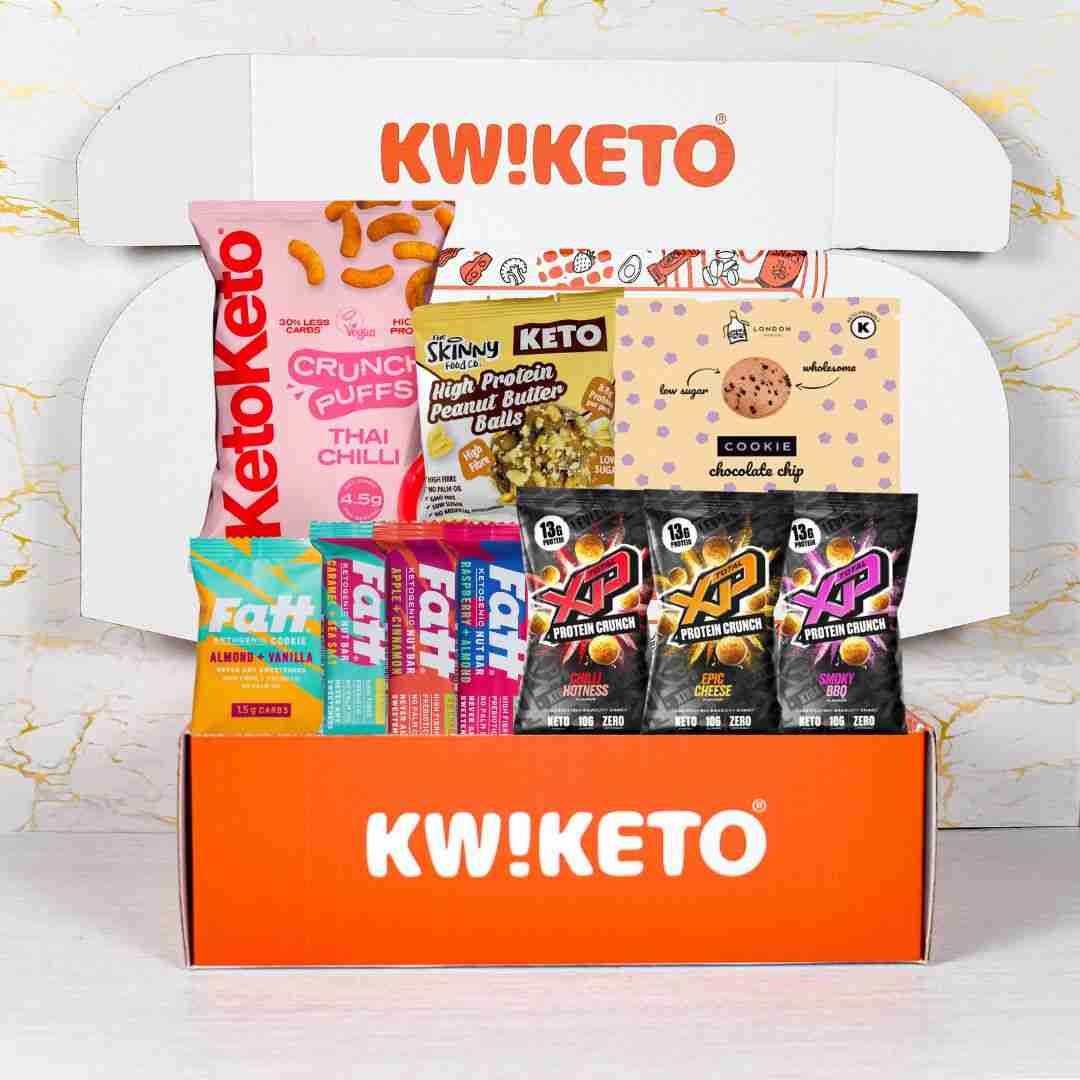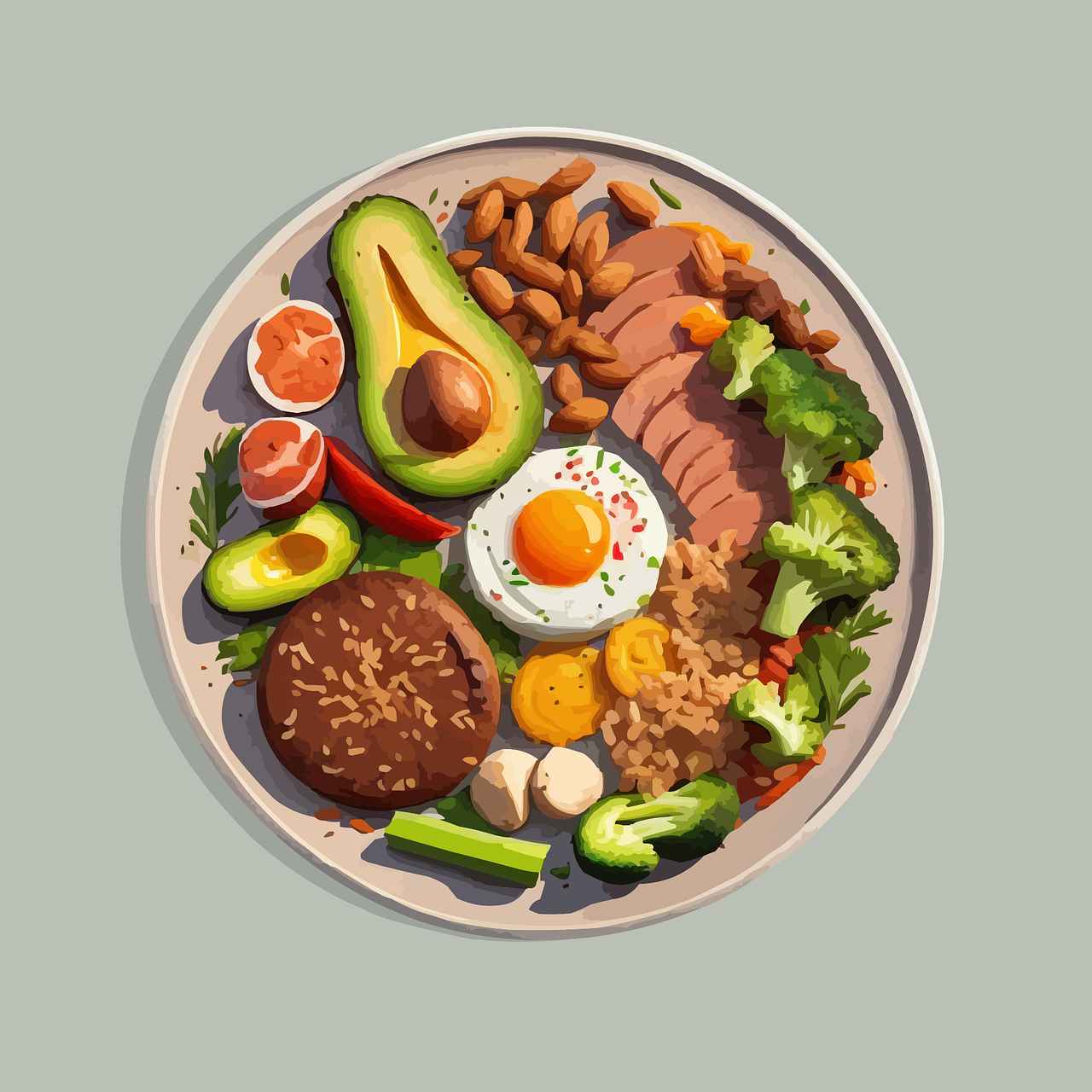
How Keto Diet Works For Weight Loss
The Ultimate Guide to Keto Diet for Weight Loss
The ketogenic or "keto" diet has gained considerable popularity in recent years, especially among those seeking to shed excess weight. However, as with any dietary approach, the keto diet has its unique principles, advantages, and potential drawbacks. This comprehensive guide explores the science behind the keto diet, its role in weight loss, and how to follow it effectively.
Understanding the Keto Diet
The keto diet is essentially a high-fat, moderate-protein, and very low-carbohydrate diet. The body usually relies on glucose from carbohydrates as its primary energy source. However, when carbohydrate intake is significantly reduced, the body is forced to find an alternative fuel source.
The Role of Ketosis in the Keto Diet
When carbohydrate intake is limited, the body starts breaking down stored fat into molecules called ketones. This process, known as ketogenesis, results in a metabolic state called ketosis. After a few days on the keto diet, the body and brain become highly efficient at burning fat and ketones for fuel instead of carbohydrates.
To maintain ketosis, daily carbohydrate intake should be kept to fewer than 20 to 50 grams, depending on body size. It's important to note that this is a highly individualized process, and some people may need an even more restricted diet to begin producing enough ketones.
The Keto Diet for Weight Loss: How Does it Work?
One of the key reasons people turn to the keto diet is for weight loss. The diet's unique metabolic state of ketosis has several effects that aid in losing weight and improving health:
- Lower Insulin Levels: The keto diet helps lower insulin levels, which makes it easier for the body to access and burn stored fat.
- Appetite Control: The balance of hunger-regulating hormones, such as Leptin and Ghrelin, is improved, reducing hunger and cravings.
-
Increased Fat Burning:The body becomes more efficient at burning fat for energy, both at rest and during physical activity.
-
Lower Inflammation Levels:The keto diet can drastically reduce chronic inflammation, which is linked to many health conditions.
However, the effectiveness of the keto diet in promoting weight loss is not solely due to ketosis. The diet's high protein intake also plays a significant role, as protein-rich meals can help control appetite and increase feelings of fullness.
The Keto Diet and Metabolic Diseases
In addition to promoting weight loss, the keto diet is also being studied for its potential to improve various metabolic diseases.
Metabolic syndrome, a cluster of conditions that increase the risk for heart disease and type 2 diabetes, is one such disease that may see improvement from following a keto diet.
These conditions may include increased blood pressure, high blood sugar, excess body fat around the waist, and abnormal cholesterol or triglyceride levels.
Several studies have found that the keto diet can vastly improve insulin sensitivity, which can help with blood sugar management. Moreover, the diet can also lead to reductions in total cholesterol and triglyceride levels, making it a potentially beneficial diet for those suffering from metabolic diseases.
Implementing the Keto Diet: What to Eat and Avoid
Adopting the keto diet involves a significant shift in eating habits. Here's a brief overview of what to eat and what to avoid in a typical keto diet:
Foods to Eat:
- High-fat foods: Avocados, butter, coconut oil, olive oil, fatty fish, and nuts are all good sources of healthy fats.
- Protein: Meat, fish, and eggs are excellent sources of protein. However, intake should be moderate to prevent excess protein from being converted into glucose.
- Low-carb vegetables: Most green vegetables, tomatoes, onions, peppers, etc.
Foods to Avoid:
- Grains and starches: This includes wheat-based products, rice, pasta, cereals, etc.
- Sugary foods: Soda, fruit juice, smoothies, candies, ice cream, etc.
- Most fruits: Except small portions of berries, most fruits are too high in carbs for the keto diet.
Overcoming Potential Drawbacks of the Keto Diet
Like any diet, the keto diet comes with potential drawbacks that should be considered:
Despite these potential drawbacks, many people find the keto diet an effective strategy for weight loss. It's essential to approach the diet in a balanced way, emphasizing nutrient-dense foods and maintaining a focus on overall health and well-being.
Staying on Track with the Keto Diet
Adherence is one of the biggest challenges of the keto diet. Here are some tips to help you stay on track:
Conclusion
The keto diet can be an effective tool for weight loss and improving health. However, it's essential to approach the diet in a balanced and healthy way, emphasizing nutrient-dense foods and maintaining a focus on overall health and well-being. Before starting any new diet, it's recommended to discuss it with a healthcare provider.



